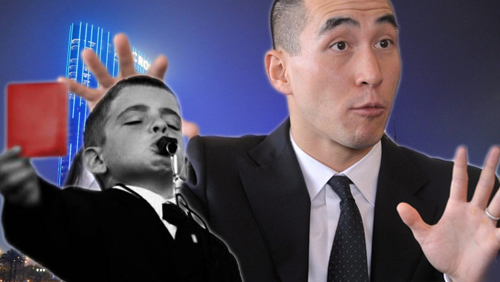Lawrence Ho’s Melco Crown Entertainment is reportedly stepping up its technology game to prevent banned players from re-entering its casinos.
 The casino operator is the first in Macau to install a specialized face recognition technology developed by German biometric firm Cognitec. The system, called FaceVAC-VideoScan, is capable of detecting people’s faces in live video streams, which are then compared to databases of banned persons.
The casino operator is the first in Macau to install a specialized face recognition technology developed by German biometric firm Cognitec. The system, called FaceVAC-VideoScan, is capable of detecting people’s faces in live video streams, which are then compared to databases of banned persons.
If there’s a match between the information collected and the photos in the casino’s system, it will immediately send real-time alerts to the security staff who will deny the detected player entry into the casino.
The company also said its software “also allows to compute demographical information, client behavior, people movement in time and space, and frequent visitiors.”
“Melco Crown’s security team welcomed Cognitec’s technical specialists to work determinedly towards the completion of these projects. We are proud to deliver the first system of its kind in the casino market,” Stephen Meltz, managing director for Asia Pacific at Cognitec, said in a statement.
Melco Crown currently operates two casinos in Macau: City of Dreams and the newly opened Studio City.
Leory Daniel, executive director of surveillance operations at Melco Crown said the project “will result in safer casino environments for casino staff and patrons.”
Last year, a total of 1,553-gaming related crimes were recorded in the city state, up from the 1,125 cases reported in 2014. Local law enforcement authorities told Macau media that most of the crimes occurred inside casinos.
The number of false imprisonment cases rose 135 percent to 308, and authorities said more than 70 percent of the cases took place inside a casino. Loan sharking cases were also up 35.6 percent to 240 last year. In the cases of false imprisonment, police said both perpetrators and victims tended to be non-Macau residents, suggesting the perps were determined to get someone to pay the debt before the borrower returned to the mainland, where gambling debts are illegal and thus unenforceable through normal methods.




